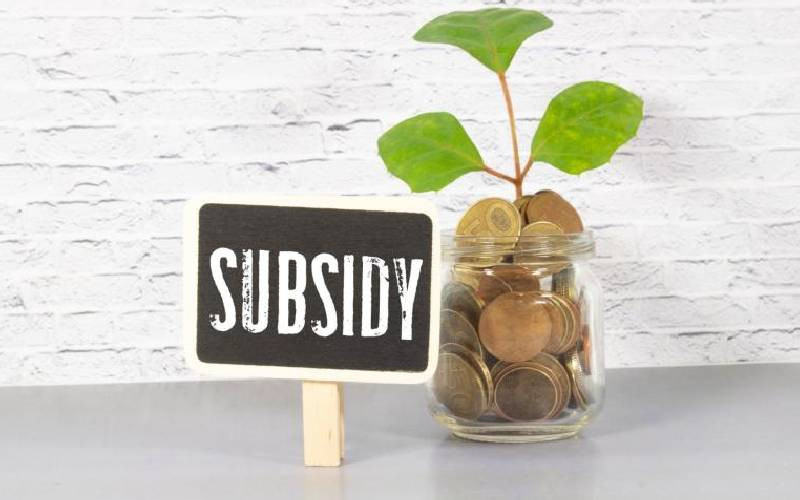×
The Standard e-Paper
Smart Minds Choose Us

Politics is one of the best professions, though I am not about to join it.
It roughly mimics wind, the direction can change anytime. In which other profession can you change rules when you want, when it suits you?